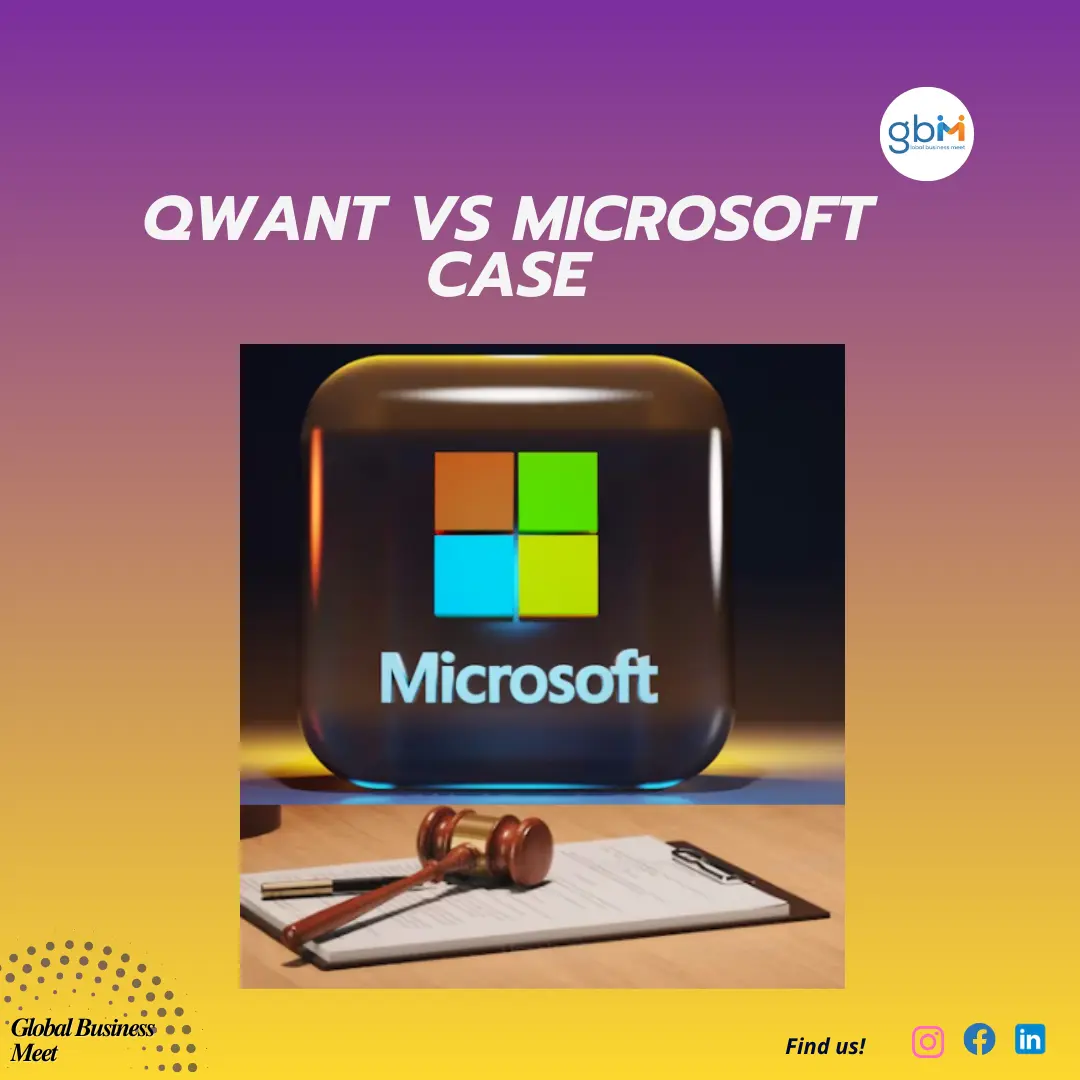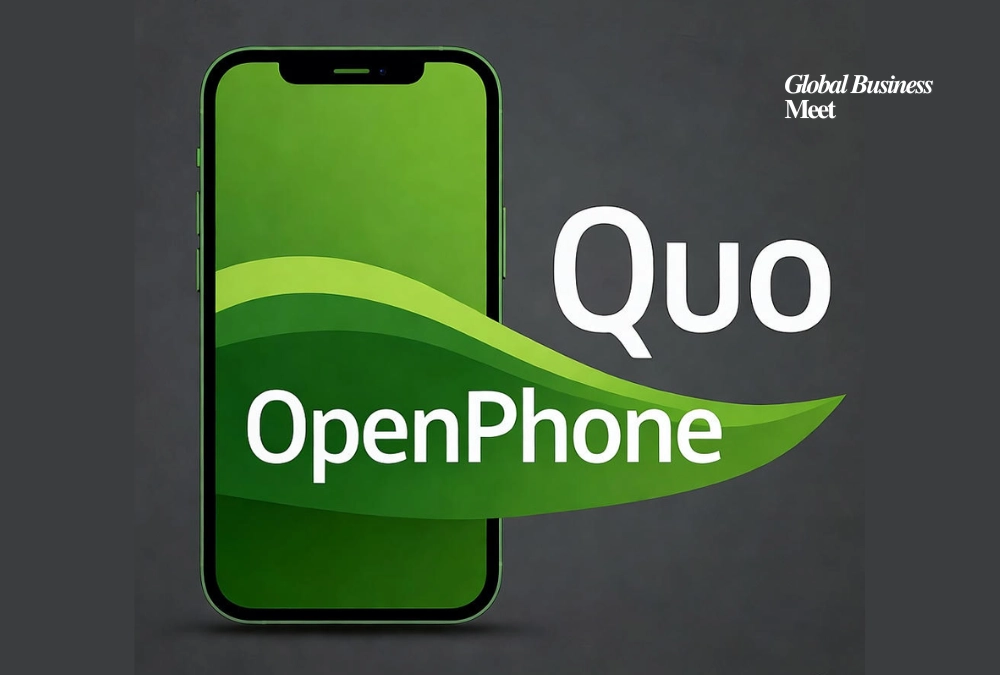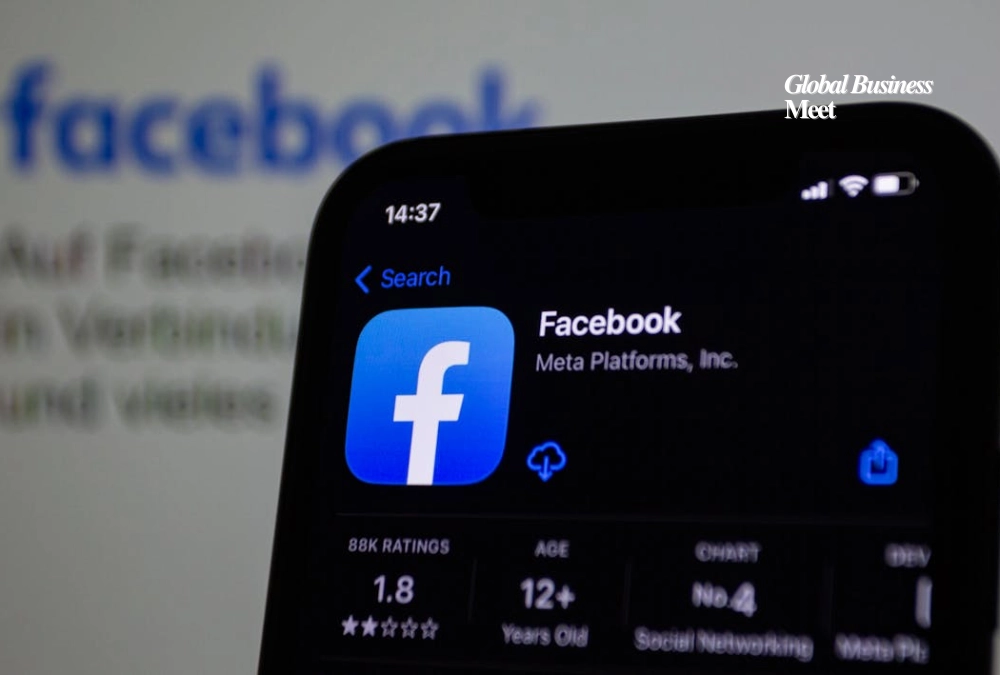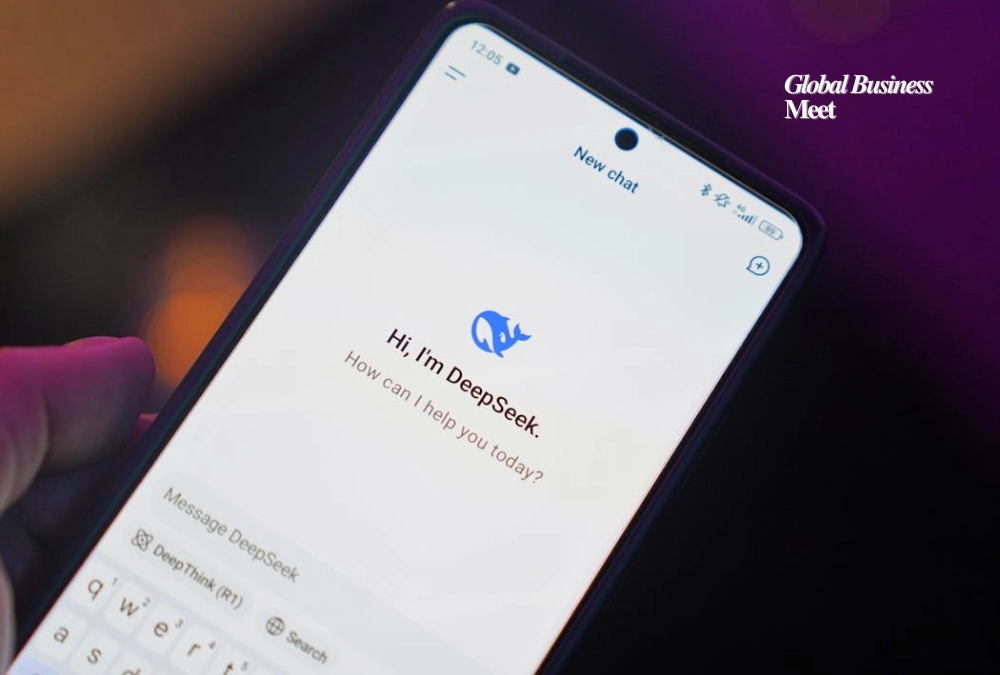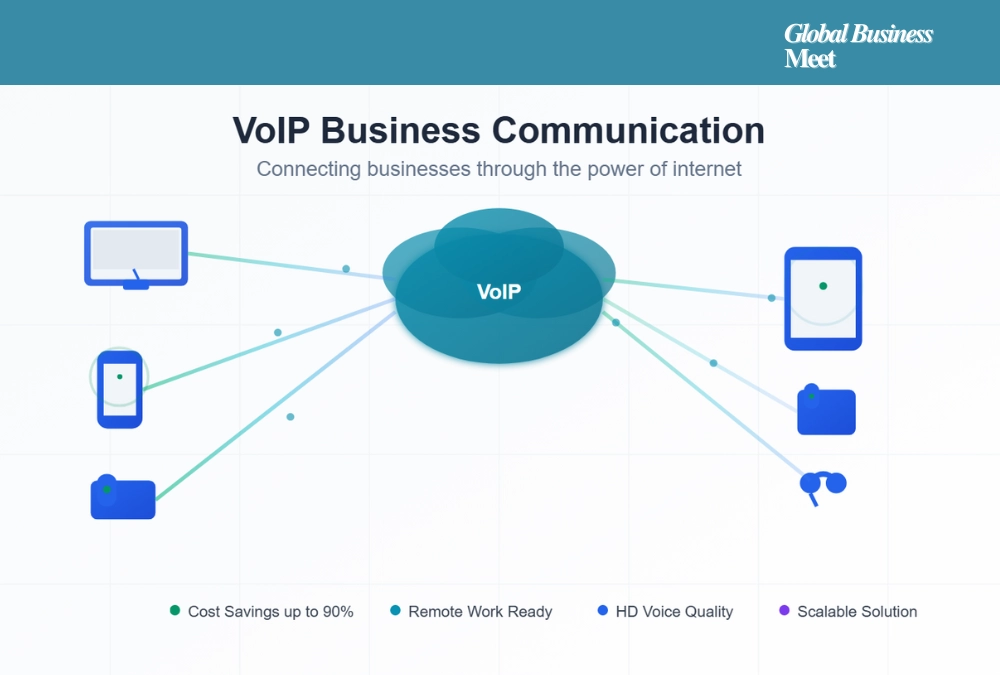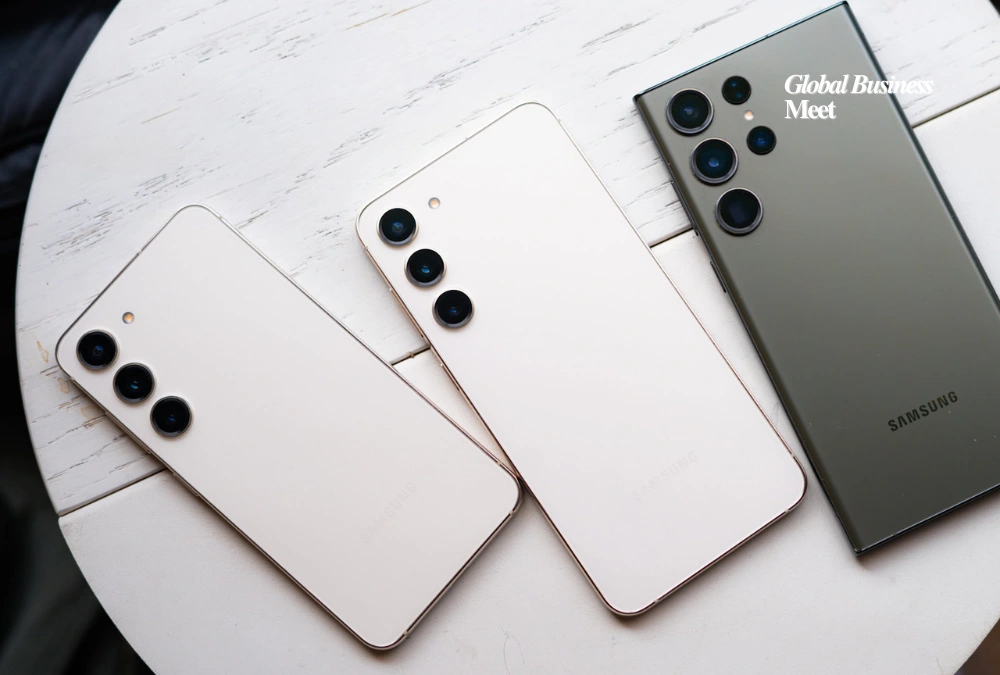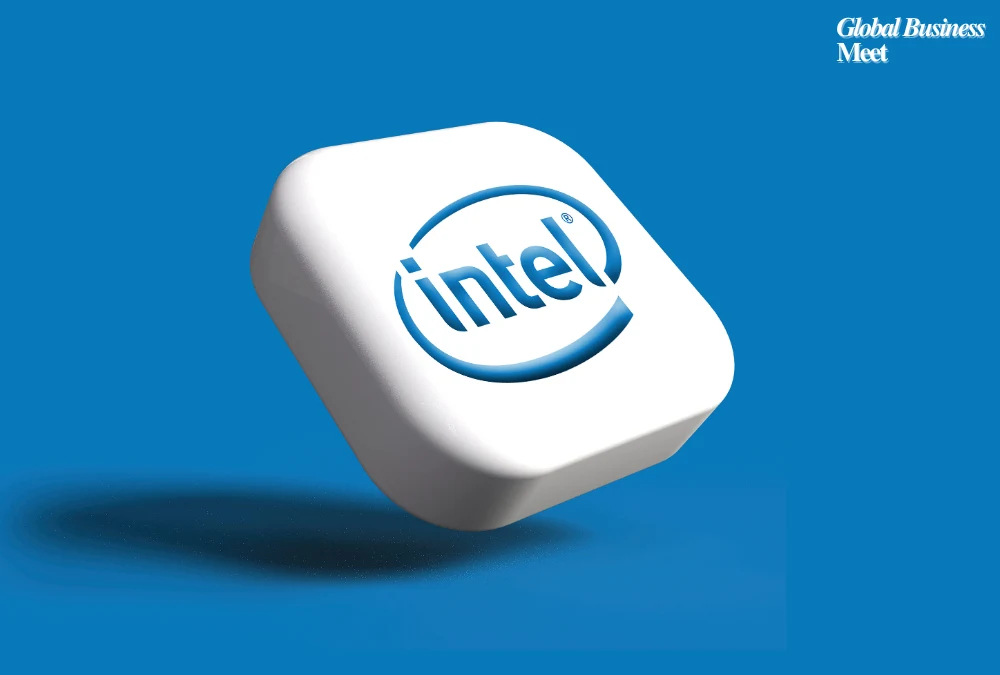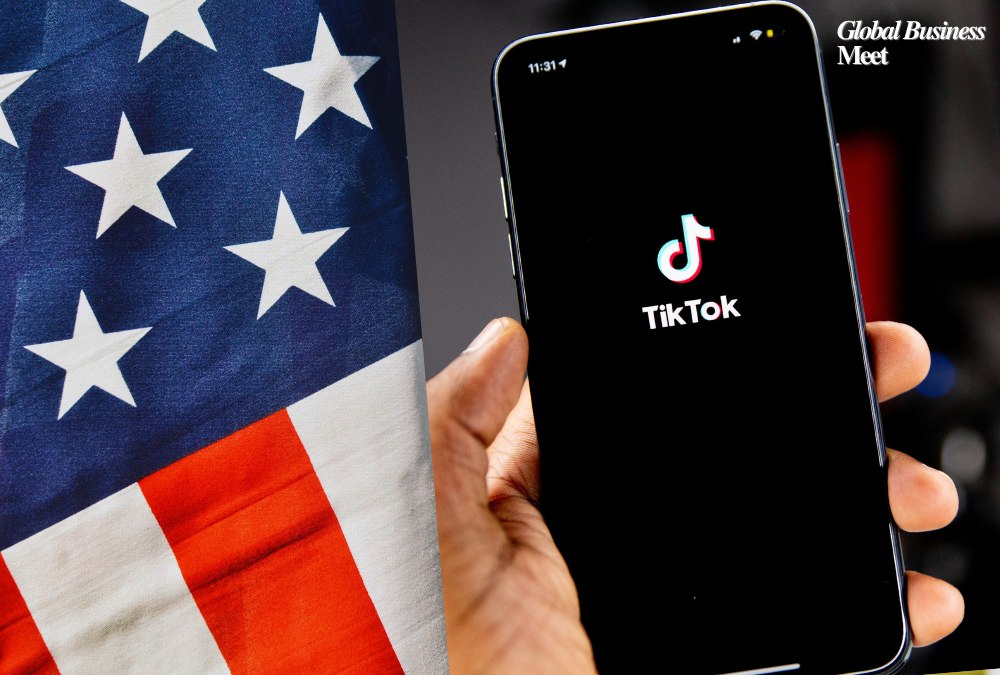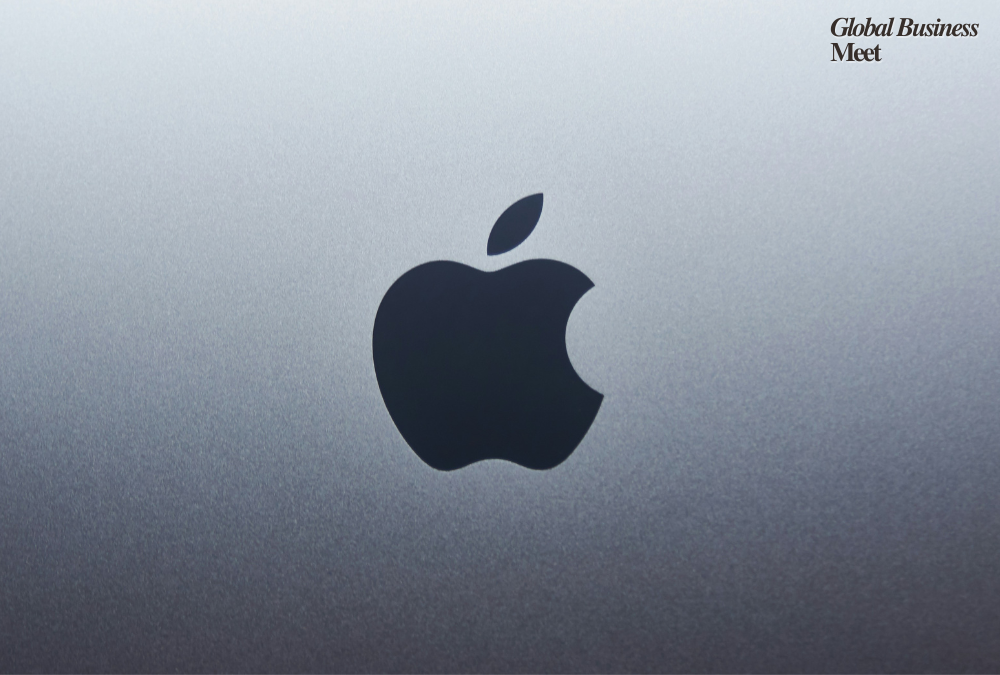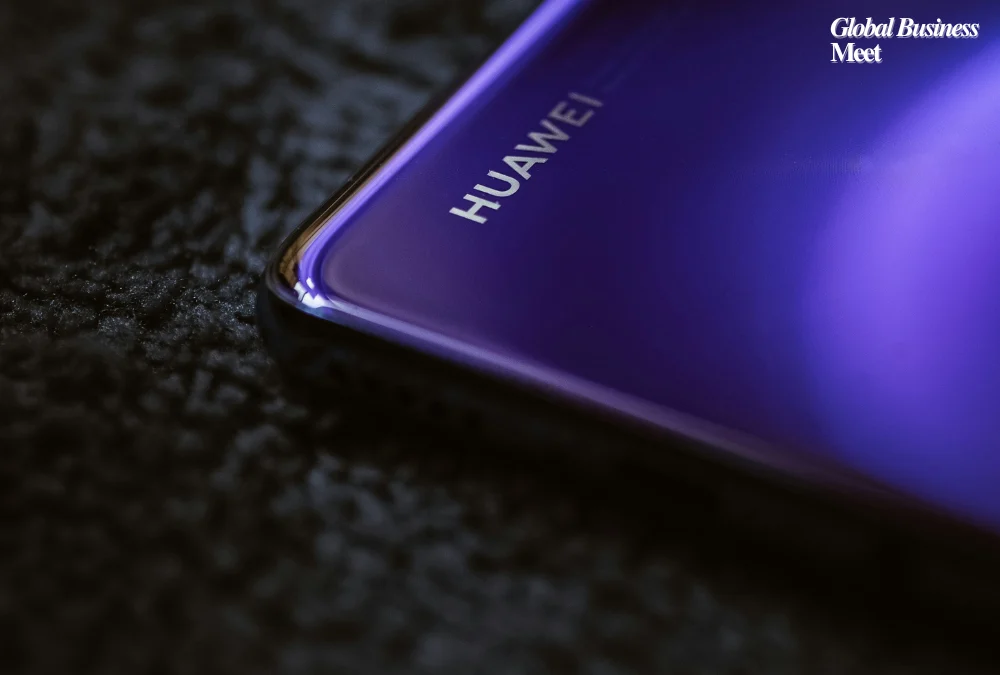
Apple is making a giant leap toward the future of artificial intelligence with an AI-driven search engine for Siri that is expected to launch in 2026. According to Bloomberg, this new feature, internally called World Knowledge Answers, will pull information from across the web, summarize results, and deliver them in a conversational style.
What makes this project even more significant is Apple’s collaboration with Google, one of the biggest players in AI. By integrating parts of Google Gemini, Apple is signaling a major shift in how Siri will function and how billions of iPhone users will search for information.
Apple’s Strategy to Compete with Google and Others
The upgrade could turn Siri into a true answer engine, putting it in direct competition with Google AI Overviews, ChatGPT, and Perplexity AI. Unlike Siri’s current form, which often redirects complex searches to Google, the new version aims to keep users inside Apple’s ecosystem by providing direct answers.
Scheduled for release with iOS 26.4, codenamed “Luck E,” the new Siri could be available as early as March 2026. This upgrade positions Apple as a serious competitor to Google, Microsoft, and OpenAI in the growing race for dominance in AI-powered search.
Getting Past Siri’s Current Limitations
Since its debut, Siri has been useful for setting reminders, sending texts, or answering simple questions. For anything complex, Siri usually leaned on Google search results. With World Knowledge Answers, Apple wants Siri to act as a full-fledged information hub that summarizes, explains, and contextualizes data directly.
This shift means iPhone users will not need to rely as heavily on Google for search. Instead, Apple will keep more user interactions within its own ecosystem, something that could reshape search habits worldwide.
How the Google-Enhanced Siri Search Will Work
The new Siri will be powered by large language models, the same type of technology behind ChatGPT and other advanced AI tools. By incorporating Google Gemini AI, Siri can deliver more personalized and contextual responses.
Key features expected in the upgrade include:
- Contextual intelligence: Using calendar events, contacts, and on-screen activity to deliver customized answers.
- Multimodal search: Processing not just text but also photos, videos, and local search queries.
- Summarization: Providing AI-generated summaries instead of sending users to Google or external links.
- Smarter navigation: Helping users search files, browse apps, and complete in-device tasks more seamlessly.
While Siri will be the main focus, Apple is also considering extending the AI search experience to Safari and Spotlight, further reducing reliance on Google.
Google Gemini at the Core of Siri’s Upgrade
A central part of this initiative is Apple’s decision to test a custom version of Google Gemini. Gemini will power some of Siri’s key features, such as summarization and conversational response planning.
Although the full scope of Gemini’s role is still under review, Apple is also evaluating Anthropic’s Claude and proprietary in-house AI models. To protect user data, Apple plans to run these models on its Private Cloud Compute servers, ensuring privacy while using Google’s advanced AI capabilities.
This partnership reflects Apple’s pragmatic approach. While competing with Google in the search space, Apple is also leveraging Google’s technology to strengthen Siri.
Potential Impact on Google and the Web
Apple’s AI-powered Siri could significantly affect Google’s search dominance. Currently, billions of iPhone searches are funneled through Safari, generating enormous traffic and ad revenue for Google. If Siri begins providing direct AI-generated answers, Google could see reduced visibility and traffic from iOS users.
For Apple, this is both a strategic and financial advantage, keeping more search activity within its ecosystem while loosening dependence on Google. But for publishers, this shift raises concerns about declining organic traffic as users increasingly rely on Siri summaries instead of visiting websites through Google search.
Apple’s Wider AI Ambitions
Reports suggest that Apple is also exploring a standalone chatbot-style search app. This would place Apple in closer competition with Google’s AI tools, ChatGPT, and Perplexity, while giving users multiple ways to access AI-powered search.
Why Google’s Role Is Critical
Apple has been slower than Google, Microsoft, and OpenAI in rolling out AI-driven products. But by collaborating with Google Gemini while building its own AI capabilities, Apple is positioning itself as a strong competitor in the search arena.
If successful, the new Siri will change how billions of iPhone users find and consume information daily, shifting activity away from Google search and toward Apple’s ecosystem.
Conclusion
The upcoming AI-powered Siri represents one of Apple’s most ambitious steps into artificial intelligence. Launching with iOS 26.4 in March 2026, the project combines Apple’s privacy-first philosophy with the power of Google Gemini and other advanced AI models.
This move could disrupt Google’s long-standing dominance in mobile search, reshape the digital advertising landscape, and transform how users interact with their iPhones. Whether it weakens Google’s grip on search or simply enhances the Apple experience, one thing is certain: Siri is about to get the most powerful upgrade in its history.

